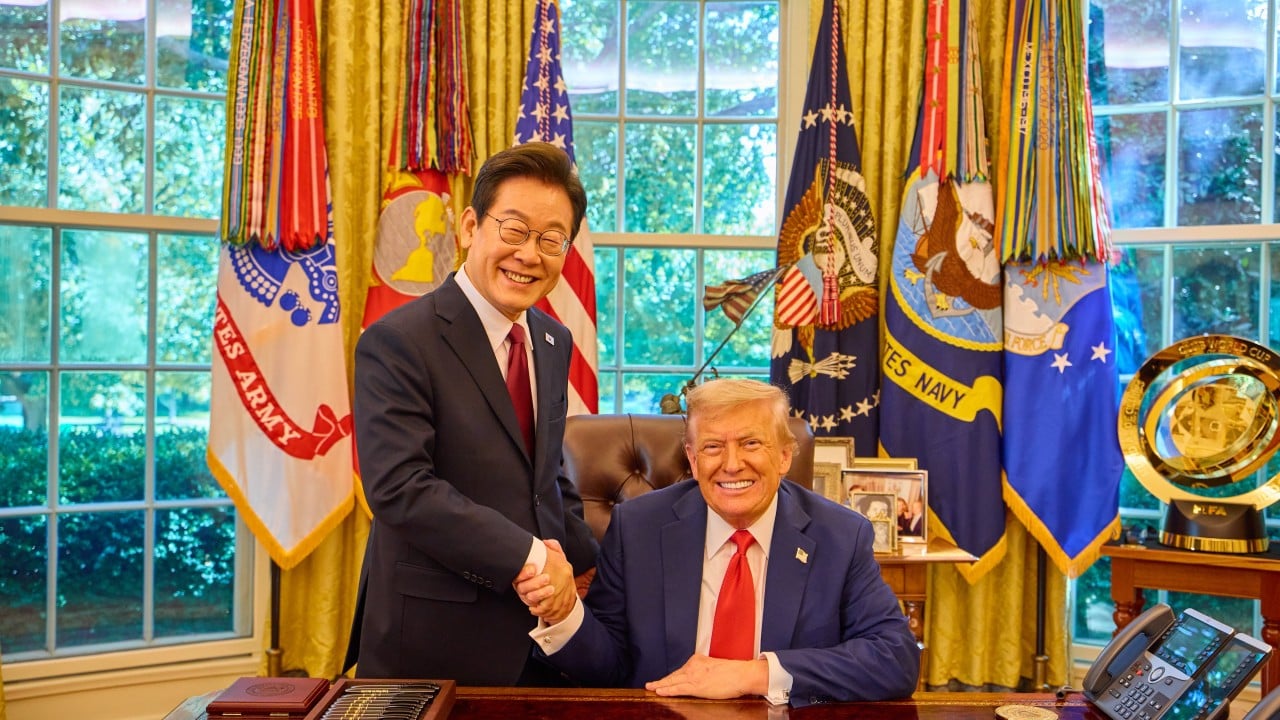In his first Liberation Day address, South Korean President Lee Jae-myung spoke optimistically and promised timely action in inter-Korean affairs. As he addressed the nation on August 15, Lee laid emphasis on peace as the foundation of his administration’s policy towards North Korea, stressing that reconciliation and stability must form the future of inter-Korean relations.
Advertisement
However, Pyongyang’s reaction to Lee’s overtures so far has been less than reconciliatory. North Korea has not wavered from its stance that the two Koreas are “hostile states”, effectively rejecting the idea of conducting inter-Korean relations. While Seoul seeks to revive diplomacy, Pyongyang has been adamant about erasing the framework of inter-Korean unity. Caught between the aspirations of the past and the harsh realities of the present, Lee’s North Korea policy faces a stern test.
Since assuming office in June, Lee has consistently worked towards achieving amicable relations with North Korea. In his inaugural address, Lee expressed his intention to maintain open channels of communication. Seoul’s new approach underscores the principles of respecting each other’s system, renouncing unification by absorption and abandoning hostilities.
The first measures Lee took as president included prohibiting the launch of balloons filled with anti-North leaflets and dismantling the propaganda loudspeakers along the border with North Korea. His appointment of seasoned officials to key positions in inter-Korean relations also signals a willingness to engage with Pyongyang moving forward.
Lee’s North Korea policy, as it currently stands, is based on three broad goals: restoring communication with Pyongyang, close cooperation with its allies the US and Japan, and denuclearisation of the Korean peninsula.
Advertisement
In this regard, the Lee administration has proposed a phased road map for achieving denuclearisation. It envisions freezing Pyongyang’s nuclear and missile programmes as the first step, reduction of arms as the second, and complete denuclearisation as the final step.

